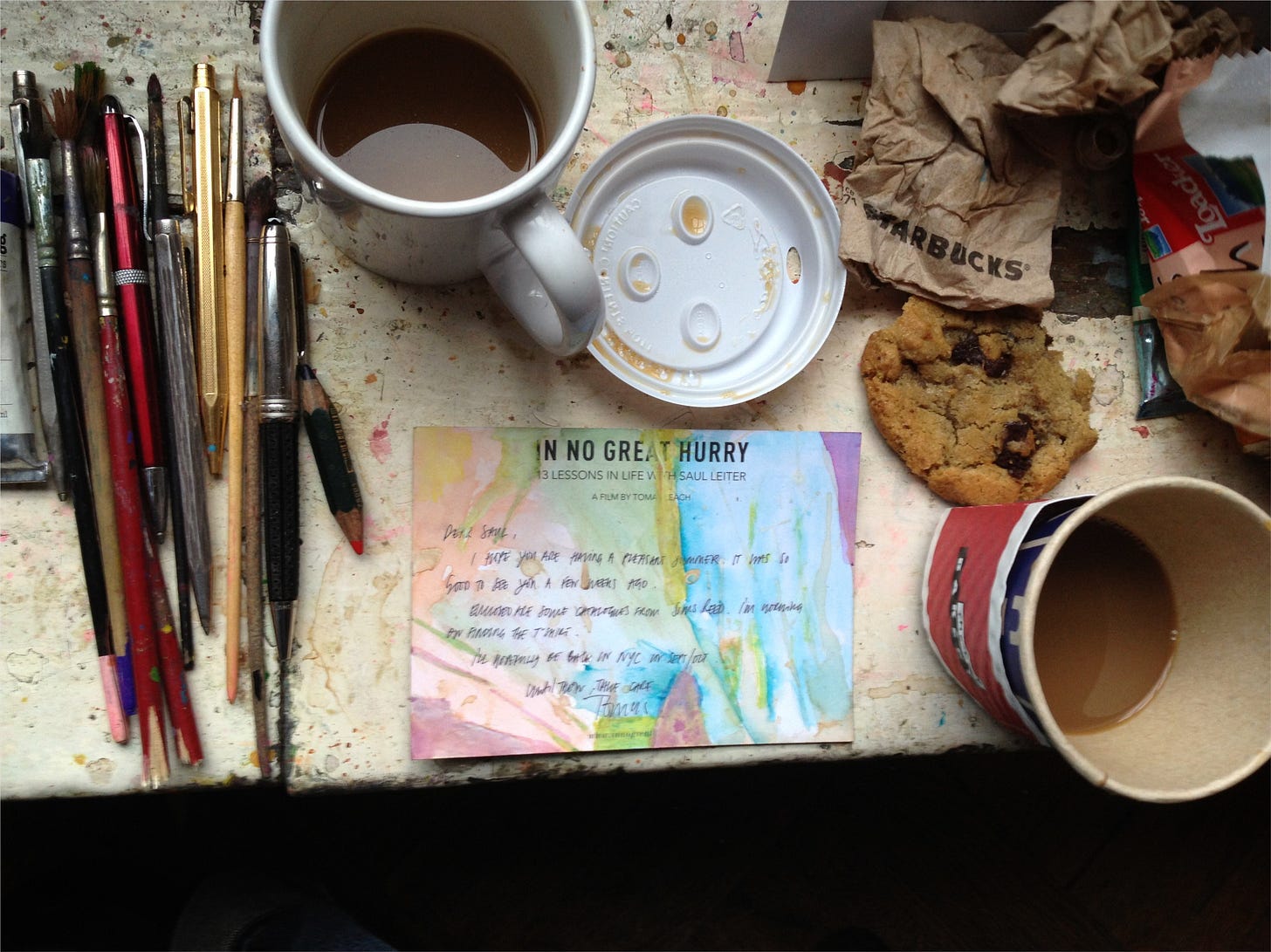Is documentary filmmaking inherently an extractive process? It's something I've always struggled with, and I'm not entirely sure where I land on it.
I certainly believe that giving people the space to tell their story, showing up at their house and making them feel like they matter can be incredibly important to people. We all want to be heard, and having someone interested in us generally feels pretty good. Investing time in sharing someone’s story is a good thing, right?
There are of course some films that feel way more extractive than others. Like, how much is the subject of a true crime documentary really getting out of it? It seems to me that however valuable sharing your story is, the trauma of it becoming a public property that people can devour and speculate about must surely outweigh that.
There's a great film about this, erm, subject – Subject – that asks questions of this whole murky practice.
The whole industry has to work on how confusing and overpoweringly one-sided release forms can be. And we should all be thinking about how we are including the protagonists when the film is done. Are we inviting them to premieres? Sending them posters? Making them equitable partners?
Because I've always felt quite troubled by it, I've tried to make my films feel like meaningful exchanges between me and the protagonists. Something that we are creating together, something that feels like a shared human experience and a process that we’ll ultimately feel proud of.
This started for me as a playful way to take portraits of people. When I was making my first shorts, I was big into shooting on film and shooting Polaroid photos. Ben Todd got me into that (Ben and I did so much work together he’s going to pop up a lot here). We’d be making a film about someone and when we weren't filming we’d take a load of Polaroid pictures and give some of them to them. It wasn't much, but the act of handing something physical over made it feel that we were leaving something creative behind at least.
When I was making my film about Saul Leiter, it very much felt like a one-on-one exchange. I was the conduit for him to put his life in order and say everything he wanted to be said. By packaging up his philosophies and life stories to me he wouldn't need to tell them over and over again to others, and they’d last after he was dead.
But before this, the process of getting to know him was built around shared exchanges. I started by sending him postcards, and then when we got to meet, I would always bring coffee. Small gestures that felt meaningful to Saul. And when we were filming, I would also try and be useful. I fixed his dictaphone, I took out trash, I carried things when we would go to the printers.
On a deeper level, I was utterly transparent with Saul throughout the whole process. Not only about the film and what I hoped for it, but about my life, my relationships, my money woes, what I thought of the world. Anything and everything. Because of this exchange and shared vulnerability, I think Saul opened up to me and gave me scenes for the film that he knew were going to make it better.
That's the great thing about making the process feel more like an exchange than an extraction. The more ownership of the project that the participants feel, the more they get to shape it through what they show and tell you. And the better the film is.
When the film was finished, I sent Saul postcards telling him how it was going. One visit to his place in the East village, he gave me one of the postcards back. He had painted over it. I kind of like to think of this postcard as the way I'd like to make films. Me and my protagonists collaborating together.
Or, more accurately - them taking the not-that-sophisticated, but definitely genuine things I might say, and making them much more colourful and beautiful and magical.






